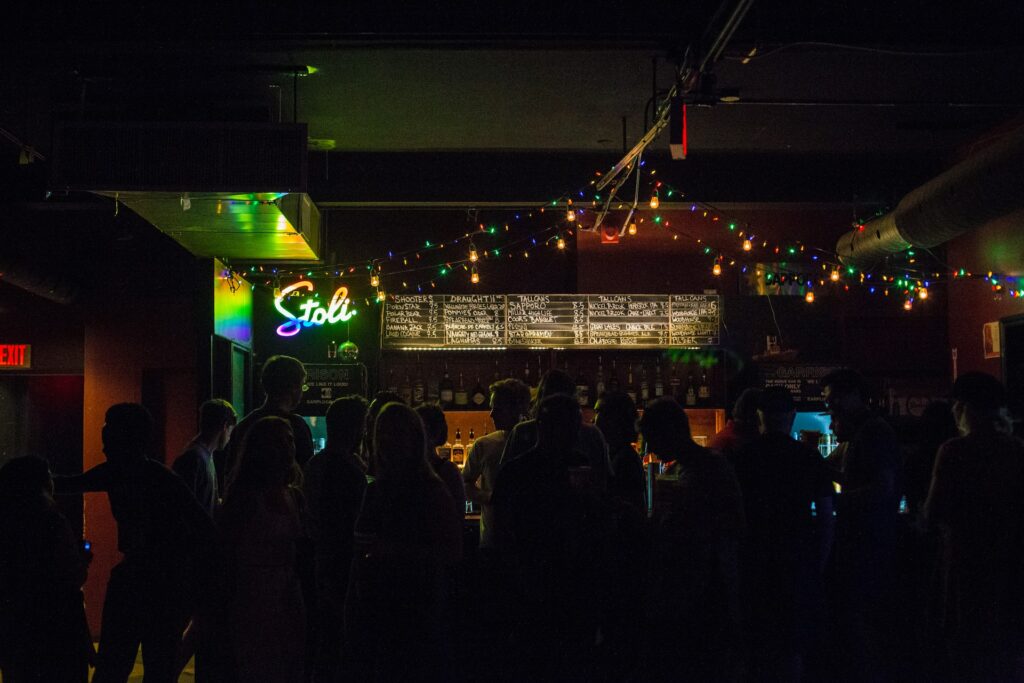
Drunk driving collisions can be devastating for innocent bystanders, resulting in serious injuries or even fatalities. In South Carolina, filing a personal injury lawsuit against the intoxicated driver is the most common recourse for seeking compensation in such cases.
However, the drunk driver may not be the only responsible party in causing your harm. A lot of the times, whoever sold or served the alcohol may also be responsible for creating this dangerous situation to the public. Alcohol is a controlled substance, just like any other drug or pharmaceutical, and our state’s Alcohol Beverage Control laws(or “ABC Act”), are designed to put guardrails and limits upon alcohol sales and service.
In SC, it is illegal to provide alcohol to someone who is already intoxicated; so, Dram Shop cases are typically focused on the enabler – whether that is a bar, bartender, server, social host, parent, or convenience store clerk. South Carolina’s dram shop laws offer additional opportunities for accountability and recovery from all responsible parties.
In this article, we will discuss the ins and outs of Dram Shop cases to help you navigate your personal injury claim.
What Is a South Carolina Dram Shop Case?
A Dram Shop case is a type of personal injury lawsuit or tort claim that is related to the illegal sale of alcohol, service or on-site consumption of alcohol. In these cases, the plaintiff seeks to hold another party liable for their role in causing the defendant’s intoxicated state. In other words, it is a case where a person or business negligently or illegally served alcohol to someone who then caused harm to another individual.
According to South Carolina’s Code of Laws, Sections 61-4-580 and 61-6-2220 it is prohibited to sell beer, liquor or wine to a person who is either:
- Under the age of 21; or
- Already intoxicated.
Liability Under South Carolina’s Dram Shop Law
The South Carolina Code of Laws does not have a specific Dram Shop statute that expressly extends liability to those who engage in the prohibited sale or service of alcohol. However, the state’s courts have historically recognized the liability of establishments and other parties with a duty to avoid overserving. Any establishment that serves alcohol could have liability under South Carolina’s dram shop theory when violations occur, including:
- Bars and restaurants
- Liquor stores
- Convenience Store
- Event centers (e.g., sports arenas, musical halls, etc.)
- Personal residences
This additional recourse is helpful for those with serious injuries after accidents involving drunk drivers. Most drivers in South Carolina only have policies that meet the South Carolina Department of Insurance minimum requirements of $25,000 per person and $50,000 per accident. This payout may not be enough to cover the actual damages, especially in cases of fatalities or permanent disability.
However, Dram Shop liability allows plaintiffs a more fair opportunity for a more complete recovery. For example, South Carolina requires bars and other establishments that sell alcohol for on-premise consumption to carry at least a $1 million liquor liability policy in order to maintain a valid liquor or alcohol sales license. At Howard, Howard, Francis & Reid, LLP, we are proud to have been at the forefront of this fight and the pursuit of justice for families destroyed by the effects of DUI collisions, as well as the development of insurance consumer laws that protect you and your family.
What Do You Need to Prove to Succeed in a Dram Shop Case?
You generally need to show that the Dram Shop knowingly served alcohol to an underage or intoxicated person, and that this was the proximate cause of the intoxicated person’s actions that led to your injury. Naturally, this determination is very fact specific, and each case requires a trained injury attorney who is experienced and competent in the alcohol service industry, and prosecuting violations. The following factors may be considered in determining the overall liability of the dram shop:
- Whether the bartender or server checked the ID of the defendant to confirm they met the legal drinking age.
- Whether the server or wait staff observed any signs that the person was visibly intoxicated (e.g., slurred speech, loss of balance and other bodily function limitations).
- The number of drinks served and the amount of time in which the staff served them.
- The time between the last served drink and the motor vehicle accident.
- Whether the server or staff took preventative measures, such as taking the intoxicated person’s keys or calling them an Uber/Lyft/taxi or other safe ride.
- Whether the drunk driver should’ve been admitted into the bar/restaurant or served any alcohol to begin with.
What Types of Damages Could You Recover in a Dram Shop Case?
Same as other personal injury cases, a plaintiff suing under a dram shop theory can recover both economic and non-economic damages. The latter refers to your pain and suffering from the accident and your injuries. Economic damages, on the other hand, are meant to cover the costs you incur from your injuries, including medical bills, lost wages, lost future income, and loss of limb.
Injured in a Drunk Driving Car Accident in South Carolina?
Extended liability to Dram Shops are essential for making injured parties whole after a drunk driving accident or other alcohol-related injuries. At Howard, Howard, Francis & Reid, L.L.P., our attorneys have the experience and knowledge required to competently handle these types of cases.
Identifying responsible parties under a dram shop theory of negligence can be difficult without a personal injury attorney on your team who knows the law and is fluent in enforcing the standards for alcohol service in our state. We make great commitment to investigate the potential liability of bars, bar owners and other enablers for the harmful acts of intoxicated persons, and we are willing to take these cases to trial..
If you or someone you know was recently injured in an accident involving alcohol, consider a consultation with our law firm.
